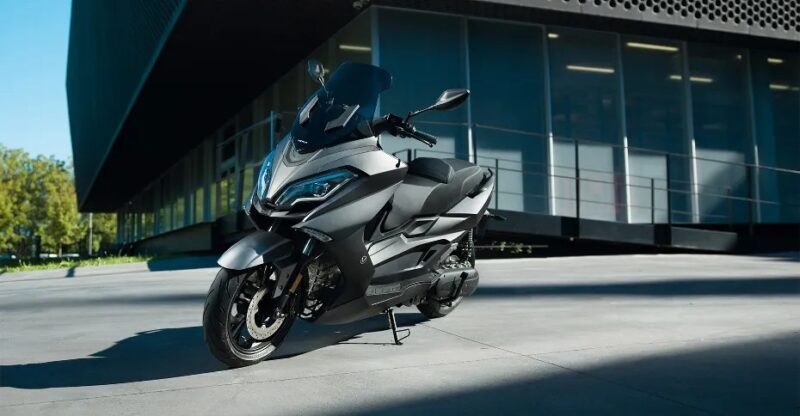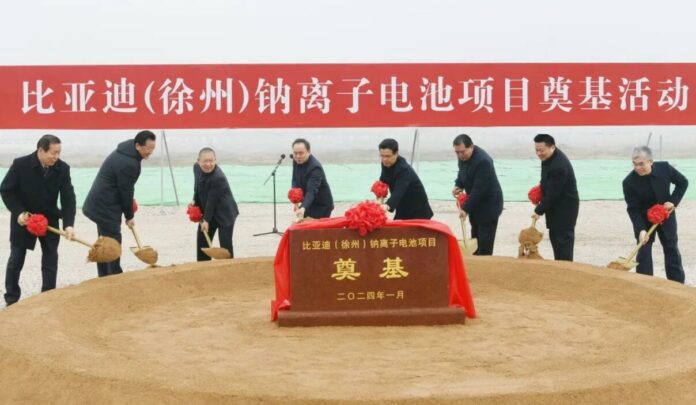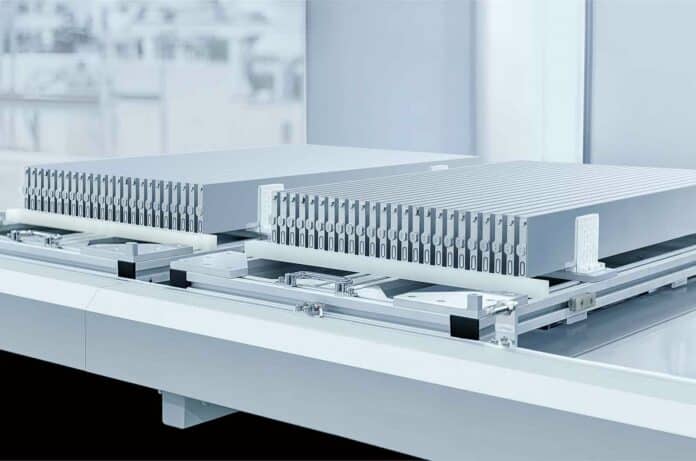BYD to tap the electric two-wheeler market
BYD is the world’s second-largest EV battery maker, with a 15.8% global market share in 2023. Their batteries are used in electric cars and stationary storages, but mass use in electric motorcycles, e-bikes, and other two-wheelers was avoided. This might change soon, as the company announced today it would increase its investment and R&D to develop two-wheeler batteries.
FinDreams, BYD’s wholly-owned battery subsidiary, posted today on its WeChat that it will produce safe and reliable batteries for the two-wheeler market. FinDreams will collaborate with various third parties to develop batteries that can be placed indoors. “Our mission is to let people use batteries without worries,” the company announced.
The statement came after 15 people died and 44 were injured during the fire in a residential building in Yuhuatai district in Nanking on February 23. The fire allegedly started in areas where two-wheelers are parked, and despite the exact cause still being investigated, it sparked a fierce discussion in China about the safety of e-scooters. Since then, several Chinese cities have banned residents from parking two-wheelers inside the buildings.
According to data from the National Fire and Rescue Bureau, there were 21,000 reported electric two-wheeler fires in China in 2023, marking a 17.4% increase compared to 2022. In 2022, there were 18,000 electric two-wheeler fires, representing a 23.4% increase from 2021.
The “Safety Technical Specifications for Lithium-Ion Batteries for Electric Motorcycles,” released last year, incorporates battery performance under diverse unforeseen circumstances or unique environments. This includes scenarios such as battery exposure to unexpected occurrences like compression, vibration, free falls or when it operates in specialized conditions such as low air pressure or extreme temperatures. Moreover, criteria such as shell flame resistance, handle durability, and waterproofing are also outlined in the specifications.
BYD already has some experience with electric motorcycles. In July 2023, BYD signed a contract with the Singaporean two-wheeler brand Scorpio Electric to assemble their first electric scooter X1 in Shenzhen for the Chinese market.
Despite X1 being produced by BYD, it is not equipped with BYD’s LFP battery but with a pack from Samsung. “The X1’s development is too advanced for us to switch. But we are discussing with BYD to use its battery for future products,” Scorpio Electric commented to the Businesstimes.
Moreover, in 2022, BYD cooperated with Spanish motorcycle brand Nerva to supply their LFP battery to their new electric motorcycle. Nerva Exe E-Scooter was launched in February of the same year with a 5.76 kWh LFP battery and can charge 0-80% in 3.5 hours.
Editor’s comment
A surprisingly massive share of two-wheelers in China still uses lead–acid batteries. With BYD accelerating R&D to develop the safe two-wheeler LFP battery, this might speed up the adoption of e-bikes in China as it would eliminate the battery defect fears. Moreover, BYD recently partnered with two-wheeler giant Huaihai Group and broke ground on building a 30 GWh sodium-ion battery plant in Xuzhou. And if something fits into a cheap two-wheeler more, then an LFP battery is a Na+ battery.





